Ethiopia
Ethiopia is preparing to launch the fourth filling of its mega-dam reservoir on the Blue Nile, the country's deputy prime minister announced Thursday, despite opposition from its downstream neighbour Egypt.
The massive $4.2 billion Grand Ethiopian Renaissance Dam (GERD) has been at the centre of a regional dispute ever since Ethiopia broke ground on the project in 2011.
Egypt and at times Sudan have repeatedly asked Addis Ababa to stop filling the reservoir.
"The GERD is now approaching its fourth filling. The last three fillings have not affected lower riparian states. Likewise, the rest of the fillings will not be any different," said Demeke Mekonnen, who also serves as foreign minister.
"The project is near completion, withstanding the rhetoric of some actors that seek to monopolise the use of the shared African river," he said, opening a conference on the Nile in Addis Ababa.
The meeting includes a "high-level ministerial round table", with Demeke and his foreign minister counterparts from some Nile Basin nations such as Uganda, the Democratic Republic of Congo, South Sudan and Tanzania participating.
But neither Sudan nor Egypt, the two countries located downstream of the Ethiopian dam, are represented.
Khartoum and Cairo have previously cited it as a threat because of their dependence on Nile waters, while Ethiopia deems it essential for its electrification and development.
While Egypt, which depends on the Nile for around 97 percent of its irrigation needs, insists that the dam poses an "existential" threat, Khartoum's position has fluctuated.
Sudan's leader, Abdel Fattah Al-Burhane, said in January that Khartoum and Addis Ababa are "aligned and in agreement" over the dam.
Sudan has been ravaged since mid-April by deadly fighting between forces loyal to Al-Burhane and his rival and former deputy Mohamed Hamdan Daglo, with more than 2,000 people killed and over two million displaced.




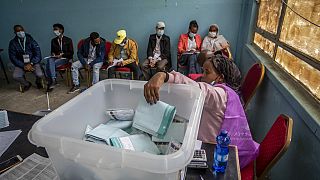
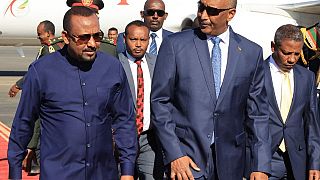
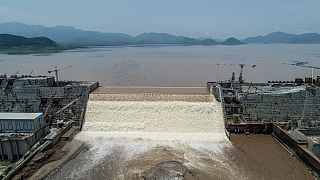
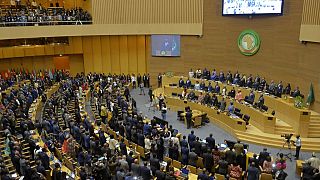
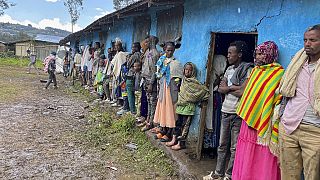

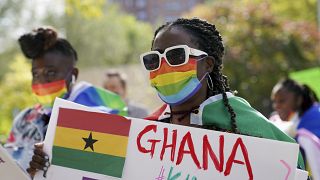
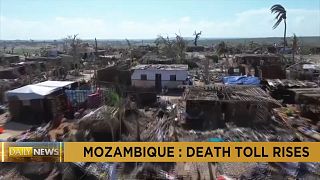
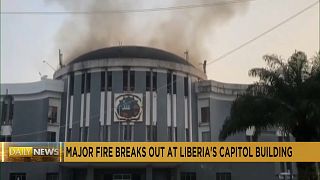
01:15
Somalia, Ethiopia reach compromise over Somaliland port deal
00:58
Somaliland opposition leader wins presidential poll
11:07
Botswana's new government races to diversify its economy {Business Africa}
01:51
Meet the churches welcoming migrants across the world and championing diversity
Go to video
Ethiopian runner Yomif Kejelcha breaks men's half-marathon world record
00:41
Ethiopian PM Abiy Ahmed meets Putin at BRICS Summit, pushes for stronger trade ties